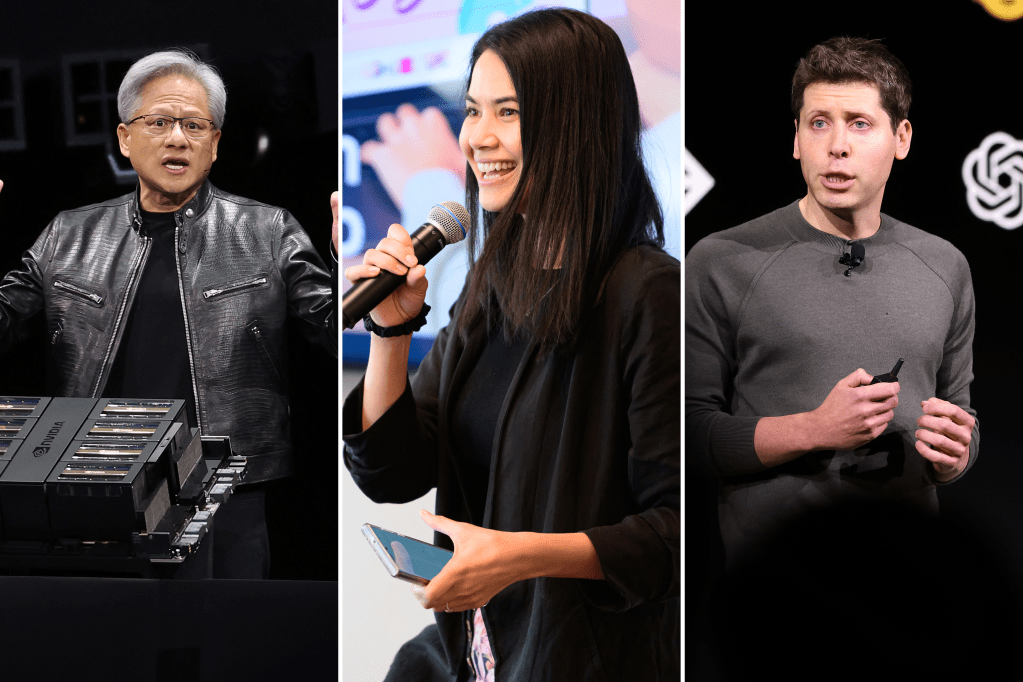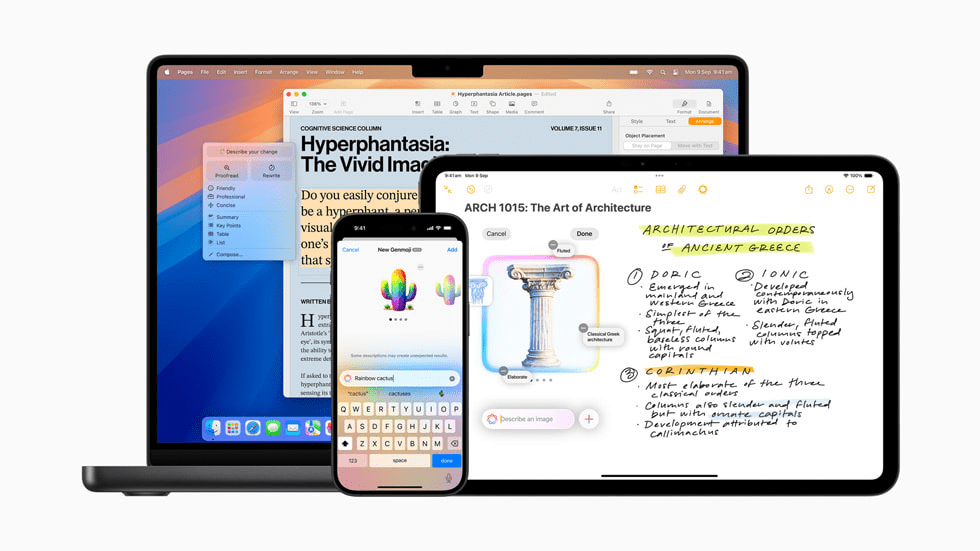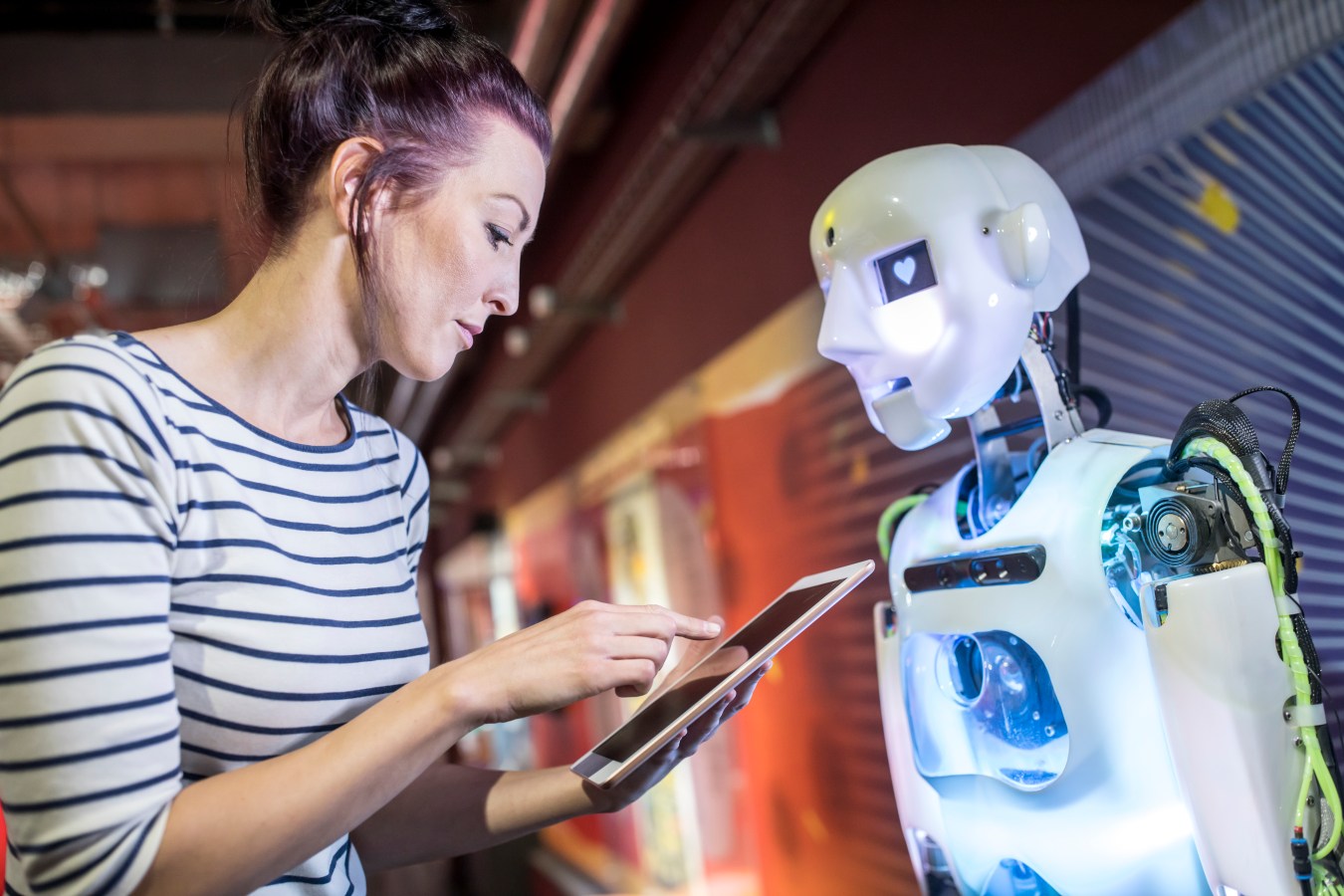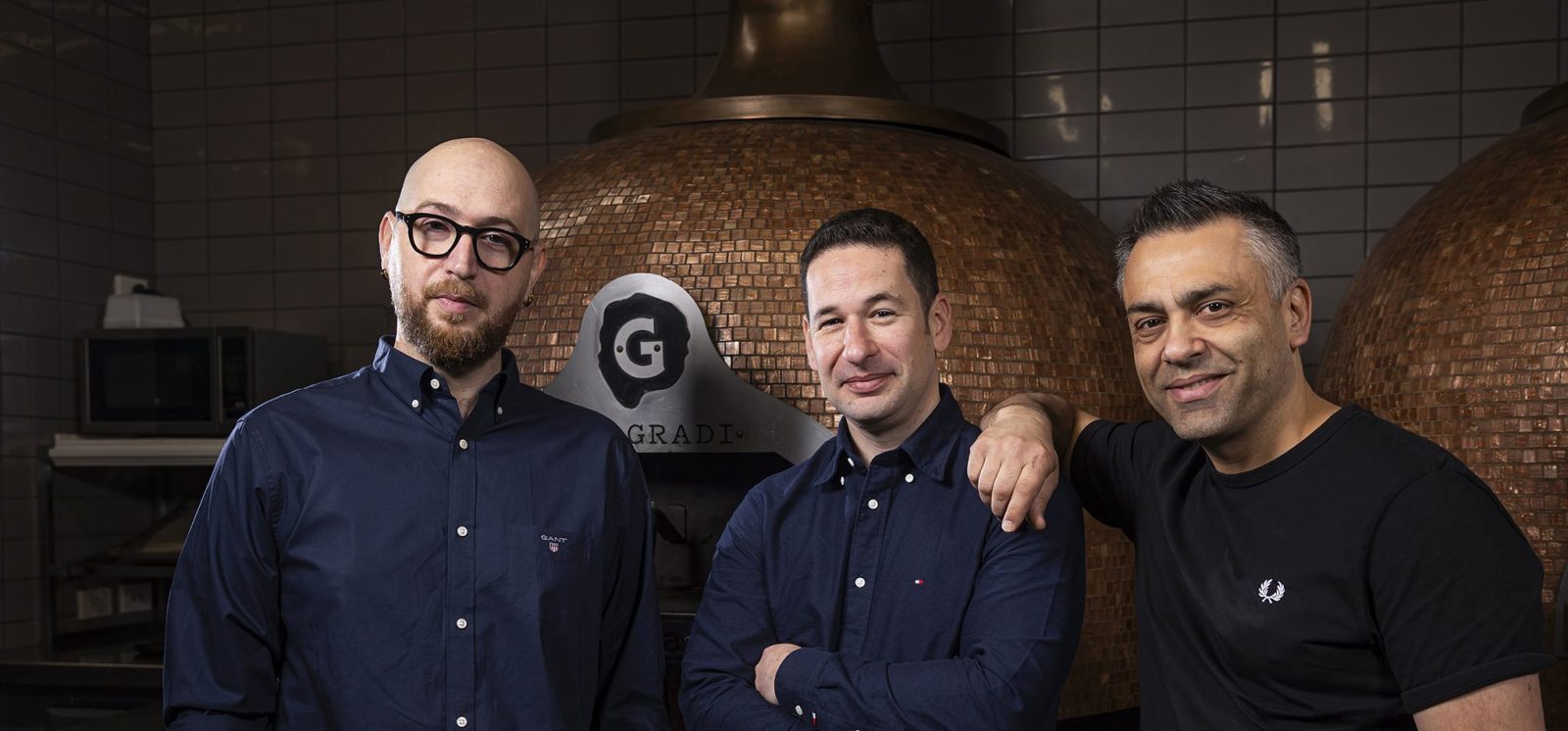What a year. If it felt like every time you blinked, there was another AI announcement, you’re not alone. From blockbuster acquisitions and record-breaking investments to tools that reshaped how we work, travel, shop, and even think, 2024 was a whirlwind in the world of artificial intelligence.

Generative AI, or GenAI, stole the spotlight again, shifting from a cool novelty to a daily essential for millions. Whether it was OpenAI making waves with tools like Sora, Google creating viral buzz with NotebookLM, or Apple quietly weaving AI into your mum and dad’s emojis, these advancements didn’t just grab headlines—they found their way into your pocket and onto your screen.
But it wasn’t all smooth sailing. The explosive growth of AI reignited debates about ethics, safety, and its broader societal impact. It’s been a year of wins, lessons, and a few cautionary tales. And if you want to see how well my predictions for this year held up, check my 2024 AI predictions in my previous Forbes article.
As we wrap up 2024, let’s take a closer look at the moments that stood out for me:
1. Major Acquisitions and Investments Transforming the AI Industry
By December 2024, the seven largest tech companies in the world—all deeply tied to AI—boasted a combined valuation exceeding $18 trillion. To put that into perspective, that’s larger than the GDP of every country except the USA and China. It’s almost ten times the size of Australia’s entire economy.
The AI industry didn’t just grow in 2024—it exploded, fuelled by billion-dollar acquisitions and record-breaking funding rounds that redefined the balance of power among tech giants, startups, and everyone in between.
On home turf, Australia made headlines when Canva acquired Leonardo.AI, an AI image-generation platform, in August. This move bolstered Canva’s already robust design toolset, ensuring its competitiveness in the crowded creative space. While the acquisition amount was undisclosed, reports peg it at around $320 million, cementing Canva’s position as a serious contender in the AI-driven design market.
Across the Pacific, OpenAI shattered records with a staggering $6.6 billion funding round—the largest venture deal in history. Meanwhile, Elon Musk secured $6 billion for his competing AI startup, xAI, now valued at $24 billion.
Amazon doubled down on its AI ambitions, investing $4 billion in Anthropic, solidifying AWS as the company’s primary AI training partner. Amazon also unveiled custom AI processors through Annapurna Labs, reducing reliance on Nvidia GPUs, cutting costs, and boosting AI performance.
Speaking of Nvidia—the second most valuable company in the world—it acquired Israeli startups Run:ai and Deci for roughly $1 billion combined. These acquisitions further cemented Nvidia’s dominance in AI infrastructure. But AMD made a bold statement, dropping $4.9 billion to acquire ZT Systems, positioning itself as a strong competitor in the lucrative data centre market.
Global AI investments in 2024 surpassed the combined funding of 2022 and 2023. The heat is on for 2025.
2. Technological Milestones
OpenAI kicked off its 12 days of “Shipmas” with Sora, a text-to-video AI model. Available to ChatGPT Plus and Pro users, Sora lets users create one-minute videos with features like “Remix,” “Loop,” and “Blend.” It’s still in early development, but it’s already a breakthrough for creators.
Not stopping there, OpenAI launched GPT-4o, a multimodal model processing text, images, and audio. GPT-4o is accessible to all users within limits, with ChatGPT Plus subscribers enjoying higher thresholds. It’s reshaping how people use AI daily.
Apple entered the AI race with Apple Intelligence, exclusive to iPhone 15 Pro and Pro Max. Features include document summarisation, personalised messages, and custom emoji creation. It’s AI, Apple-style—subtle but impactful. Available in Australia, here is everything you need to know about it.
Google’s Gemini 2.0 brought advanced reasoning to the table, handling text, images, and audio seamlessly. It’s another step toward truly intuitive AI assistants.
Meanwhile, Meta reached millions with AI-powered tools across Facebook, Instagram, and WhatsApp, enhancing feeds and creating lifelike avatars. Salesforce rounded it out with Agentforce, helping businesses integrate AI into customer support and sales forecasting.
In 2024, AI wasn’t just in the spotlight—it became the backdrop to everything we do.
3. Google NotebookLM: The Viral AI Tool of 2024
NotebookLM stole the show in 2024, thanks to its viral “Audio Overviews” feature, which turned dense content into podcast-like summaries. Think of it as a research assistant pulling insights from documents, YouTube videos, and books. TIME magazine even named it one of the 200 Best Inventions of 2024.
At my InnovAItor AI series Meet-up event, this was the standout demo of the year. Attendees were amazed by how seamlessly it simplifies information overload. If AI had a popularity contest, NotebookLM would’ve taken home the crown.
4. Navigating AI Ethics and Safety
The rapid rise of AI in 2024 brought ethics into the spotlight. The European Union set a milestone in March by passing the AI Act, the first legal framework to ensure AI respects human rights. Meanwhile, the U.S., UK, and EU signed the Framework Convention on Artificial Intelligence in September—the first treaty focused on human-centric AI development.
Closer to home, Australia introduced the Voluntary AI Safety Standard in September, offering ten guardrails to guide ethical AI development. It highlighted the country’s focus on fostering responsible innovation.
These actions show how 2024 wasn’t just about building AI—it was about building it responsibly.
Themes for 2025
While 2023 was the year of discussions and 2024 became the year of experimentation and trials, 2025 is shaping up to be the year businesses shift budgets to scaling AI solutions. Based on this year’s investment trends and major releases, here are five key focus areas likely to dominate early 2025:
- Automating tedious tasks: AI will replace repetitive jobs like customer service, translations, coding, and even drive-thrus with smarter, efficient systems.
- B2B and infrastructure continues to dominate. Consumer = crowded, difficult to predict winners.
- “Boring” verticals shine: Startups in healthcare, government, and real estate, legal will get attention, with healthcare leading innovation in diagnostics and care.
- Cybersecurity focus. New GenAI features, new challenges. Massive headache for CTO’s and CIO’s.
- Collaboration: Tools like ChatGPT have started prioritising teamwork, enhancing communication, planning, and execution in business environments with features built for it.
If 2024 tested AI’s potential, 2025 will focus on implementing and scaling.
Lucio Ribeiro is a pioneer in the field of artificial intelligence applied to marketing, advertising and business. Having been elected one of the most influential online marketers in the world by Marketing Today, he is an MIT certified in artificial intelligence.





